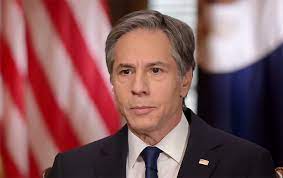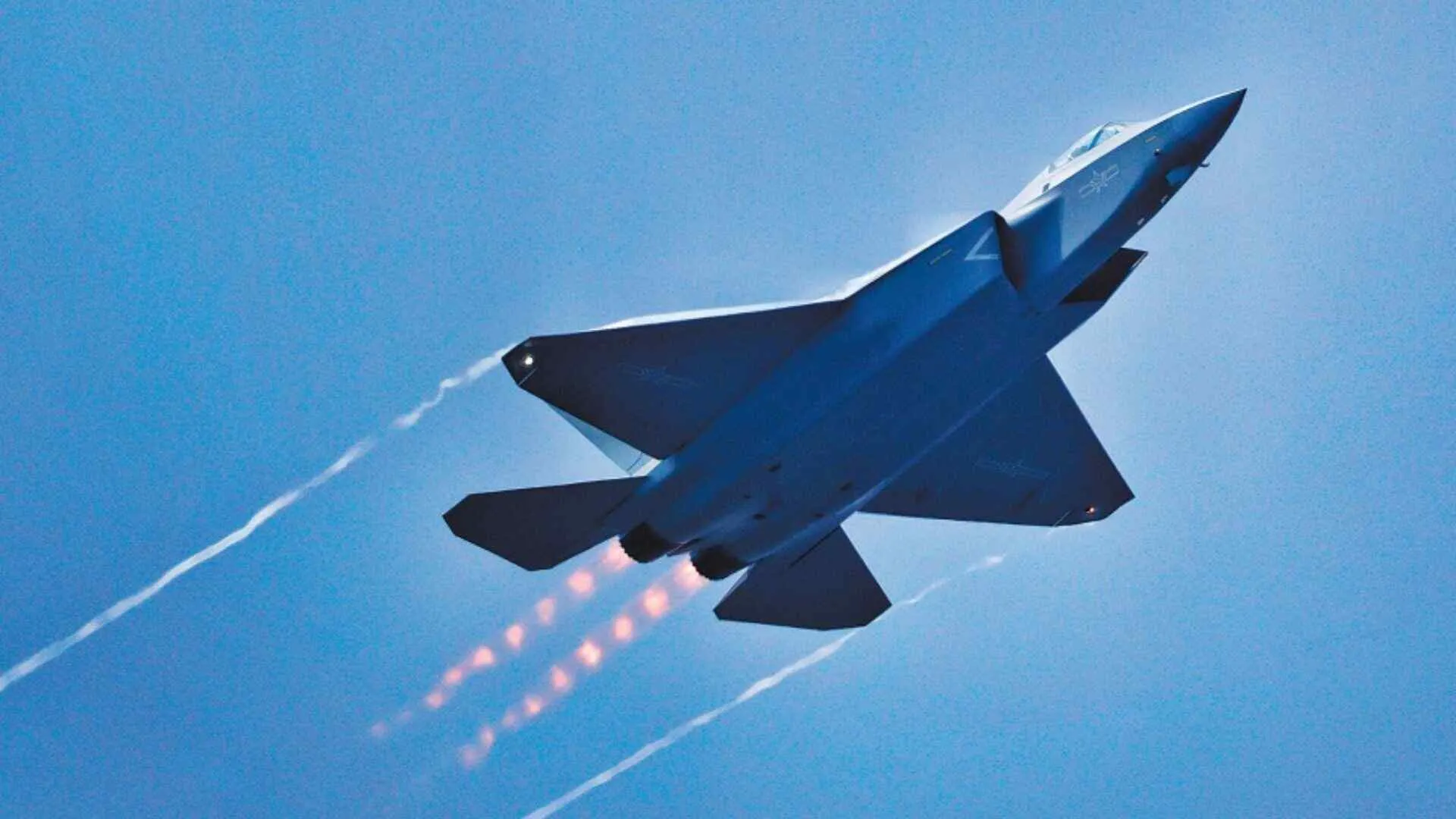Anthony Blinken, US Secretary of State has come up with what some might say is a new strategic approach to America’s and the world’s geopolitical problems. He did so in a major statement on Sept 13. Unfortunately, going against world reality and seemingly not so in conformity with New Delhi, Blinken stated at John Hopkins University in the US that America is more needed than ever and is specially placed to lead this new multipolar world (US State Dept).
This seems to be written for an “elite” subsection both less concerned with everyday American concerns such as inflation and more with getting billions additional spending to help Kiev beat the Russians over Donbas by effectively seeing a battered Ukraine and its people used as a proxy to wear down Moscow. This does not absolve Russia of invading Ukraine or America’s right to diplomatically counter as such and strongly. But not so incestuously by US led-NATO focused on war with self-absorption, self-absolving and self- righteousness to ignore other views appreciatively? That might be better offset with the likes of India with cleaner, non-hypocritical hands to declare itself as a true peacemaker and not absorbed with making the world in any one nation’s (near) image.
When Blinken stated the following recently, one wonders what he was talking about: “The United States is leading in this pivotal period from a position of strength. Strength grounded in both our humility and our confidence.” Make no doubt about it, even President Biden is seriously worried about the US’s state of democracy and attempts to overthrow its incoming government in 2020. Yet, Washington still has too much of a starry-eyed vision of itself to lead the world. Though, on the other hand, it is unfair not to admit the many wars that Washington has likely prevented and its technological developments making for a safer and better world at times, including against terrorism.Yet statements equivalent of how it is still “superman” saviour, though added as implied by Blinken and Biden, even with a loss of a step or two, are just not constructive. Rather, more modesty is needed.
So, it might be better for Washington to reflect how it can be more of a worldwide team player, with important skills and assets, no doubt and more. That is having India at times and others to be main facilitators to get a consensus to solve major global problems. We did see some of that without the US State department denigrating peace efforts by African countries, Brazil, Saudi Arabia and India trying concretely to move peace in Ukraine.
This idea of facilitation and consensus building without projecting exceptionalism and unnecessary sanctions and threats are more the effective, Narendra Modi way that delivered many dividends at the G20 he chaired. Besides, India is no hegemon threatening the vast world or whole regions. In fact, America just seems too often as not consistent to its attempts to look so preferably benign, anti-war and not out to control – even reckless. That should be put in context of, “Ironically, he (Blinken) also accused the two rivals of believing that big countries can ‘dictate their choices to others,’ a charge that is increasingly made against Washington’” (villagevoicespace.com). Consistently, there was a reason Prime Minister Modi took the G20 leaders to Mahatma Gandhi’s “shrine”. That modesty dedicated to peace, human dignity and the full attempts at alleviation of poverty and the suffering are most important to him and should be to other leaders. Did Washington also not in the end learn anything or enough from the G20 message on wide inclusion. In a multipolar world, the US will not lead on everything and the rest of the world has enough economic, diplomatic, geopolitical (and military firepower) to counter when the US oversteps very badly and arrogantly. However, now there is another reality check. If China does not satisfactorily deal with its current problems and Russia does not manage the whole Ukraine deadly fiasco, much better, indeed the US might largely keep its current ‘lead” status with the mega European Union and NATO in tow. That would make India even more important to keep Washington modest, more peaceful and less reckless to be with a new triumphalism, geopolitically.
It is suggested, however, that as the multipolarity world further develops – or even, not – Washington, especially its State department stay close to the ear of New Delhi’s idea of inclusion and harmony. And that its US foreign affairs and security complexes stop still acting as a superior that thinks it is number one and can explode its way to a primacy position or solidifying any new one. It appears, to be fair to say that this message by India is beginning to penetrate the White House, given the strong positive reception Prime Minister Modi got from President Biden at the state visit in Washington. More penetration is needed, however.
There is something very crude still with elements of the US foreign policy establishment. That is even against what some mistakenly describe as the current days of the very ending of the US “empire”. But then even at the end of the British one, Churchill, UK prime minister did not want to give its “jewel” away of India. But by not letting India go free, it would have led to massive (more) bloodshed. Simply speaking, imperialism or its pseudo-forms often represent a deep psycho-cultural disorder. Failure of the British Empire to keep it ongoing was because in part domestic considerations. Economic and political realities at home and seriously so may be the only geopolitical wake up call to have US “exceptionalists” and Western, overall neo-colonial types to retire, enough to make a better world. Necessary, culture change may take too long but has more than started, even globally.
As a victim of imperialism and neo-colonialism, India knows the seething anger in the South at times and even elsewhere. It also knows the need for peace and reconcilation over the horrible history of Northern immoral behaviour. If any country should lead the world, thus, a case could be made that it should be India. But India is too holistic to want to lead by unitary control. The idea of being global “boss” is not in its vocabulary and neither should it be in Washington’s. No PR repackaging of the US as a new improved hegemon “lite” – to borrow the word lite in an ad, used to make a US beer sound healthy – can make any sense in the new emerging multipolarity.
Peter Dash writes extensively on geopolitics.







